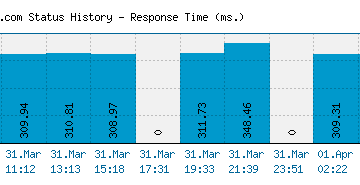Exploring Andrew Cavenagh’s Impact on Data Science

Introduction
Andrew Cavenagh is a prominent figure in the field of data science, known for his groundbreaking contributions and extensive research. As businesses and organisations increasingly rely on data to drive decision-making, Cavenagh’s expertise becomes more relevant. His work not only impacts academia but also influences industry practices and standards.
Background and Career
Cavenagh has a strong academic background, having earned a PhD in statistics. Over the years, he has held several key positions in esteemed institutions such as universities and research organisations, where he has led various projects aimed at enhancing data analysis methodologies. His dedication to advancing statistical techniques has placed him at the forefront of data innovation.
Recent Contributions and Events
Recently, Cavenagh has been involved in projects focusing on machine learning applications in real-world scenarios. In a talk at this year’s Data Science and Analytics Conference in London, he shared insights into the practical application of predictive analytics in healthcare. His presentation highlighted the potential for data-driven models to improve patient outcomes, emphasising the need for ethical frameworks in the use of AI in sensitive areas like healthcare.
Furthermore, Cavenagh has co-authored several influential papers on data ethics and the responsible use of AI, which have been well-received in the academic community. His publications often explore the implications of using data responsibly and the importance of transparency in analytics.
Conclusion
As data science continues to evolve, Andrew Cavenagh’s contributions will likely play a critical role in shaping the future of the field. His insights into the ethical considerations and applications of data in various industries provide valuable guidance for both practitioners and policymakers. Looking ahead, we can expect Cavenagh to remain a pivotal voice in discussions surrounding data ethics, machine learning, and the optimisation of data analysis techniques. For anyone interested in the data science landscape, following Cavenagh’s work is essential for understanding both current trends and future directions in this dynamic field.









